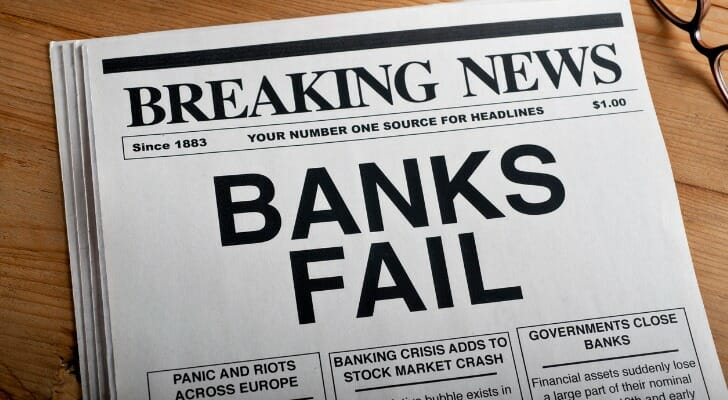
It’s crazy to think that today’s world (2023), we’d be seeing things similar to the great depression when folks are lined up trying to get there money from the bank, only to realize its not there. This is what recently happened to Silicon Valley Bank and due to the nature of the type of bank they operate, most were uninsured deposits of startups, small businesses, etc. Money deposited was over the covered amount by Federal Deposit Insurance Corporation (FDIC). Rules that were made to protect us from what happened in the early 1900s.
Generally speaking, if your bank fails, your assets held at that bank, such as your deposits, may be at risk. However, it’s important to note that most countries have deposit insurance schemes in place to protect depositors in the event of a bank failure.
For example, in the United States, deposits up to a certain amount (currently $250,000 per depositor per bank) are insured by the FDIC. This means that if your bank fails, you should be able to recover your insured deposits up to the limit set by the FDIC.
If you have assets beyond insured deposits, such as investments or loans with the bank, those assets may be at risk. In the event of a bank failure, the bank’s assets will be transferred to another institution or sold off to repay creditors, including depositors and bondholders. Depending on the specifics of the situation, you may be able to recover some or all of your assets, but there is no guarantee.
To protect your assets, it’s important to diversify your investments and spread your deposits across multiple banks to ensure that you are within the limits of any deposit insurance schemes in your country. You should also keep up with any news or updates about your bank’s financial health and be prepared to take action if necessary, such as withdrawing your deposits or transferring your investments to another institution.










